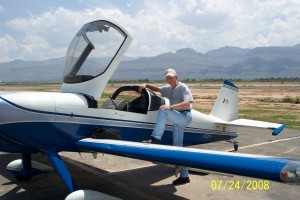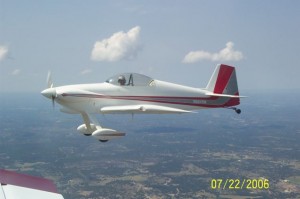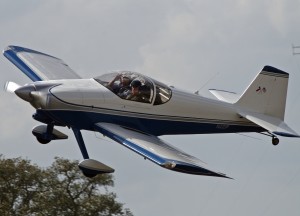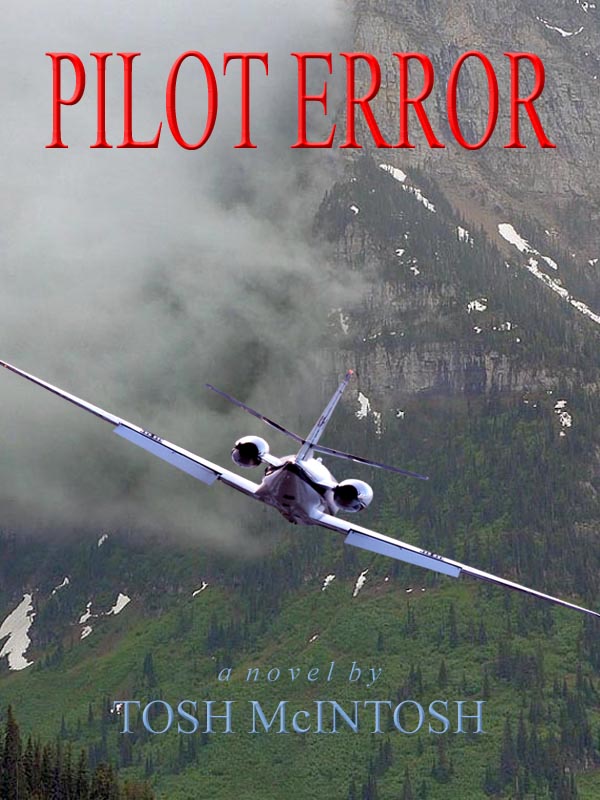 Aviator: noun (dated), a pilot.
Aviator: noun (dated), a pilot.
With all due respect to a dictionary, not even close, and here’s why.
You’re at a social function. Another guest introduces himself as Doctor Smith. This tells you he is an educated man, but his title could refer to a Ph.D., an M.D. or even a podiatrist.
You ask and discover he has a medical degree. During further discussion the good doctor reveals he is a brain surgeon who has invented a robotic device to perform complicated procedures with far more precision than ever before possible. An impressive accomplishment. But does that make him any less worth your time than, say, a family practitioner? Of course not. The two doctors simply have different professional experiences.
During the course of the evening you meet many other guests, all of whom relish the opportunity to impress you with their titles, accomplishments, and accoutrements of success. It’s that kind of party. Since no one has shown any interest in what you do, at the next opportunity you decide to take the initiative and introduce yourself as Captain Smith. The guest asks what branch of the military you’re in. You could of course be a police captain or fire department head, but you say that you are a professional pilot and offer a summary of your extensive and varied aviation background. And in keeping with the peacock-strutting that has been going on around you all evening, you can’t help but mention an impressive five-figure total in your logbook.
 Since a large percentage of non-flyers find aviation mysterious, this guest probably has no reason to doubt that you are among the best of the best. In reality, of course, columns of numbers never tell the complete story of any pilot’s career. The guest wouldn’t think to differentiate between how those hours were spent: flying for an airline or a corporation, dusting crops, delivering supplies into the Alaskan bush, or putting yourself in harm’s way at the controls of a military fighter.
Since a large percentage of non-flyers find aviation mysterious, this guest probably has no reason to doubt that you are among the best of the best. In reality, of course, columns of numbers never tell the complete story of any pilot’s career. The guest wouldn’t think to differentiate between how those hours were spent: flying for an airline or a corporation, dusting crops, delivering supplies into the Alaskan bush, or putting yourself in harm’s way at the controls of a military fighter.
The point of my illustration? The term “pilot” encompasses no less variety than “doctor.” What has been accomplished amassing those flight hours is camouflaged and condensed into a five-letter word. Yet embedded there lie both the complex diversity of experience and common threads that bond aviators worldwide. That brings me to the only truly universal reality in all forms of aviation.
Gravity: noun 1) the force that attracts a body toward the center of the earth, or toward any other physical body having mass; 2) extreme or alarming importance; seriousness.
Yes to both definitions, and I should know.
Approaching almost a half century of “slipping the surly bonds” in one form or another, I can confirm that Captain A.G. Lamplugh nailed it in the early 1930s: “Aviation in itself is not inherently dangerous. But to an even greater extent than the sea, it is terribly unforgiving of any carelessness, incapacity, or neglect.”
 You may have heard the term “defy gravity” in relation to flying. It’s a dangerous misnomer. Gravity always wins. The best you can do is enter into an uneasy truce with it. To lose respect for your adversary is to learn first hand the ultimate significance of Captain Lamplugh’s words.
You may have heard the term “defy gravity” in relation to flying. It’s a dangerous misnomer. Gravity always wins. The best you can do is enter into an uneasy truce with it. To lose respect for your adversary is to learn first hand the ultimate significance of Captain Lamplugh’s words.
On January 16, 1964, I climbed into a Cessna 150 trainer and within fifty-five minutes, my world had changed forever. I had no clue at the time that flying is like an incurable disease. Unfortunately, the only effective treatment is more flying. This juxtaposition of realities has defined my existence and always will.
The driving force behind this blog is my desire to express through the written word the depth of my love affair with aviation and share this fascination with others. It will be a personal story, not always historically accurate due to the vagaries of faulty memory, but genuinely presented from the heart and soul of an aviator.



5 Responses to This Blog